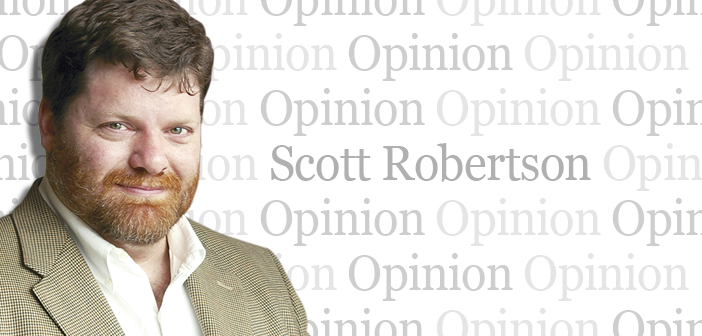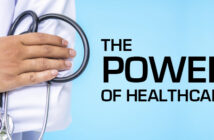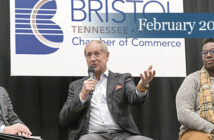By Scott Robertson
A few weeks ago, I was fortunate enough to sit with a group of ETSU Roan Scholars at a speaking engagement by New York Times columnist Thomas Friedman.
Friedman defies traditional political labels. He is certainly not a conservative. Liberals loved his recent excoriation of the President of the United States’ unwillingness or inability to stand up to Russia. But conservatives can appreciate his stance on corporate taxes. He wants that rate cut to zero.
Friedman, like me, is a self-proclaimed optimist who understands he can choose to shed light on a topic, can choose to raise the heat around that topic, or can do both. Friedman, unlike me, has three Pulitzer Prizes to his credit. Whereas I can honestly say my mother generally likes my columns.
The invitation from the Roan Scholars, I believed, offered two opportunities. I wanted to hear anything Friedman had to say that might help me write better columns. Moreso, I wanted to find out what these young East Tennesseans, who all earned their scholarships based on their potential as future community leaders, would take away from his presentation.
Columnists write with the direct intent to influence or provoke, as Friedman said in his book Thank You for Being Late, “to argue for a certain perspective so compellingly that you persuade your readers to think or feel differently or more strongly or afresh about an issue.”
Columnists do so, Friedman said, by writing honestly. “What comes from the heart, enters the heart,” Friedman said, quoting the Talmud. More specifically, columnists draw from three understandings.
First, they are true to their own values. The Roan Scholars are all familiar with the Biblical quote from 1 Corinthians (pronounced “First Corinthians”), 14:8 regarding the sound of an uncertain trumpet. Second, Friedman said, a columnist must understand what he referred to as, “the Machine.” It’s the way things work in the world. “Your goal is to take your values and push the Machine in their direction,” Friedman explained. “If you don’t understand how the machine works, you’ll push in the wrong direction, or you won’t move it at all.” The third understanding is of how people react to events and ideas around them.
A couple of weeks after Friedman’s talk, I asked a group of Roan Scholars what they would feel both passionate and confident enough to write a column about. I reminded them of Friedman’s secret sauce: honesty, heat and light, their own values, their understanding of the way the world works and their knowledge of people.
Zachary Warren, a Health Sciences major, went immediately to leadership. “It’s not enough that one person is able to think fast enough to keep up with the changes today,” he said. “What matters is that I am able to bring other people with me and push other people up ahead of me. We see many successful, innovative people today but they don’t really transform the world if everyone else is left behind in their rush to gain ground.”
Logan Carmody, a Math Education major, said she would write, appropriately, about math and education. “The way we teach math today is not necessarily the best way. A lot of kids get penalized for just knowing that 7 x 8 = 56. If they just write that down, they get more points deducted in testing than the kid who shows that he did the 14 steps or whatever they teach now, and get it wrong.”
Braden Trent, a Communications Studies major who didn’t even attend the Friedman speech (Trent was at an ethics conference at West Point at the time – are these Roan Scholars getting great opportunities or what?), said, “I would address these (holds up a smartphone). Because the news we get today, we get so quick, often the information is not the whole story. As a result, as you mentioned, the emotional reactions to news – light vs heat – it’s almost always heat. There’s very little fact until after the event has happened, but by then we’re already on to the next story. So as a culture, we’re losing both a valuable safety net and the ability to have an unbiased, informed view on news events.”
Sydney Ross, an Anthropology and International Affairs major, said, “I think a lot of our communication today is charged against something, rather than for something. It would be a good change in the news today to see more inspiring stories. To see something that makes us want to get up and do something for a good cause, not because we hate someone or something.”
Seth Jarrett, a double major in Health Sciences and Bluegrass, said, “It’s too easy today for people to believe their decisions don’t matter, in their own lives and in the grand scheme of things. That really doesn’t take ethics into account, though. You can do right or wrong. It’s your decision. You have the choice to do something or not do it, but that choice is on you, and it’s always there.”
Those are all columns I’d love to read. Friedman and I are right to be optimists. The Machine will be in good hands soon.




